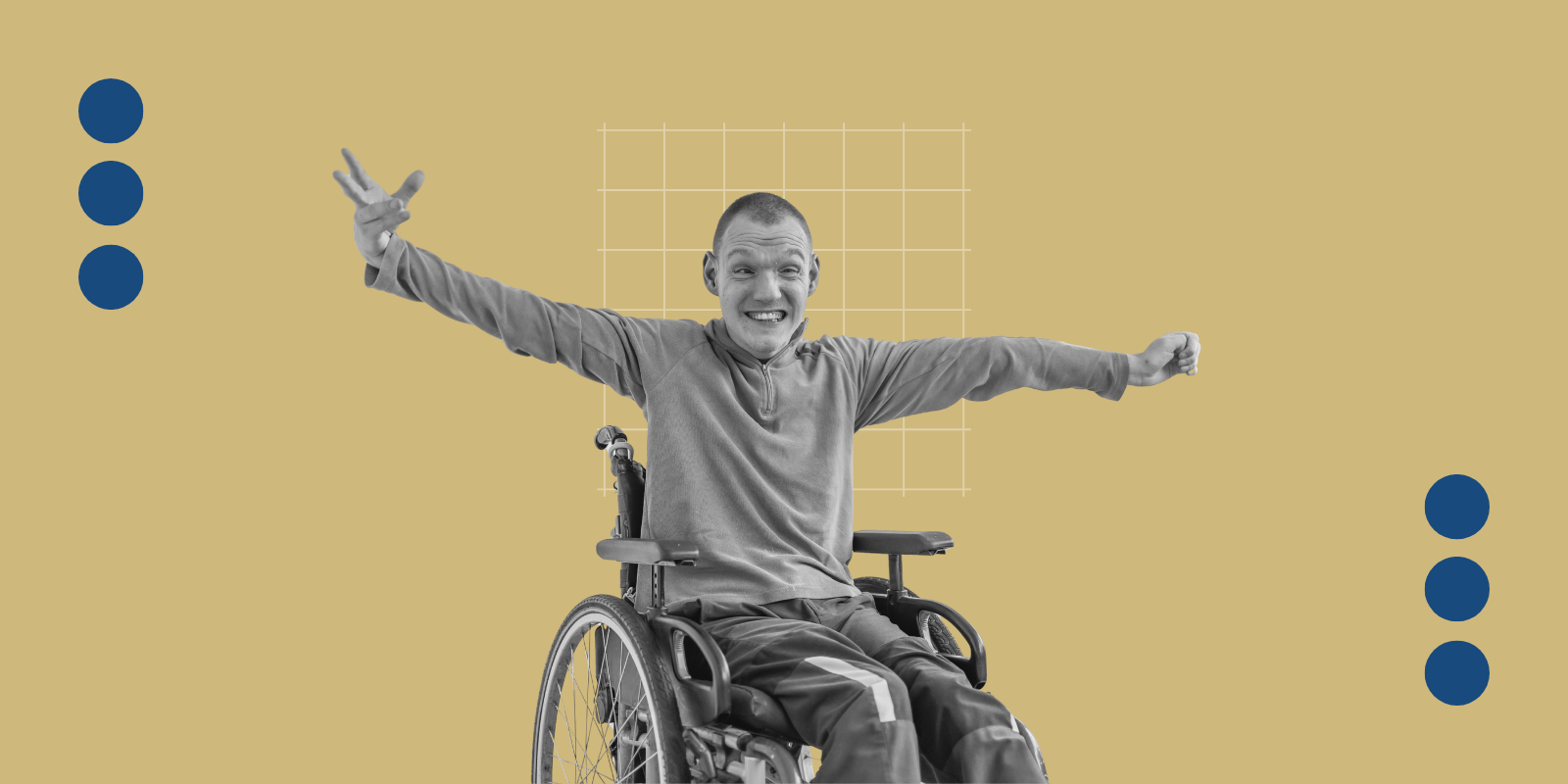An estimated 6.9 million Americans age 65 and older are living with Alzheimer's dementia, according to the National Institute of Health. While Alzheimer’s is the most prevalent disease under the umbrella of dementia, there are many different types of dementia and brain health issues that affect aging adults.
Channing Tate, PhD, MPH, assistant professor in the Division of Internal Medicine and an investigator with the Patient-Centered Decisions Core at ACCORDS, focuses her research on hospice and decision-making for end-of-life care, particularly in communities of color.
“As our society continues to age, more people are going to be diagnosed with these diseases, and we are not prepared to take care of them or support their families to go through it,” Tate says.
Patient-centered care influenced by family
Tate’s personal and professional journey has centered on disparate populations and health disparities, aging populations, hospice, end-of-life care transitions, and shared decision-making.
As one of the youngest members in her large family, Tate became interested in this work as she watched older relatives decline.
“My dad was diagnosed with dementia during my first semester of my doctorate,” Tate says. “I’m passionate about this work because underrepresented people are twice as likely to be diagnosed with Alzheimer's and related dementias, and much less likely to get the care that they need.”
Prior to her father’s diagnosis, Tate’s experiences were shaped by her grandmother’s Alzheimer’s diagnosis and her mother’s time in hospice after a breast cancer diagnosis.
“I wanted to study why their needs weren’t met and what I could do to help them get better care,” Tate says. “I feel like I have a responsibility, and my great honor and gift from my parents, to use my education and position to really help our community.”
Tate began her research career in biotech making vaccines before returning to school for her master’s degree in public health at the Colorado School of Public Health.
While working as a patient navigator for Denver Health, she interacted directly with patients and helped to uplift and empower the community. These opportunities to listen and understand the broader social drivers of health that patients were experiencing inspired the next phase of her career.
“I went back for my doctorate degree so that I could do the work that I wanted, which is the work that most serves the most vulnerable people in our systems that are suffering,” says Tate, who is also an assistant professor in the division of geriatric medicine.
Intersection of hospice and decision-making
Tate’s research on hospice and decision-making overlap because eventually, all patients with dementia will be eligible for hospice.
In research published earlier this year, Tate examined the misperceptions of hospice in communities of color. Most participants were able to accurately describe hospice care and eligibility, goals of hospice, and services hospice provides; less than half of participants could correctly identify the location of hospice services.
“In many communities of colors, institutionalizing your loved one is highly stigmatized,” Tate says. “Once the location of hospice care is described to families, they often wish they had known the benefits sooner because it would’ve helped their families.”
Tate shares that dementia and hospice are complicated due to insurance reimbursements. Currently, a person has to be non-verbal and unable to dress themselves to be hospice eligible with a dementia diagnosis.
In her father’s experience, he was not eligible for hospice with dementia until he was also diagnosed with lung cancer.
“No one just has dementia,” Tate says. “So part of my research is examining how our health care systems can manage patients with dementia and heart disease, diabetes, or cancer.”
A caregiver’s roadmap
Tate, along with a team of ACCORDS researchers, are working on a patient-centered tool as part of the Anschutz Acceleration Initiative launched in 2024.
Their project, A Decision-making Roadmap to Support Patients and Care Partners of People Living with Alzheimer’s Dementia, will provide resources to help people anticipate the decisions that will need to be made during the stages of dementia.
“Dementia is a unique kind of chronic condition because it's progressive, and it's a long, winding trajectory with multiple decision points along the way,” Tate says.
The roadmap will help families navigate the early, middle, and late stages of dementia and covers topics such as finances, safety of the patient, and treatment options.
Tate shares that a challenge from her father’s dementia diagnosis was understanding what was normal aging versus when family members needed to be concerned.
To help answer these types of questions, the project includes resources for caregivers to understand the aging process, connect with support groups, and assist with the pressures of providing care for their person with dementia.
“We want to help these caregivers build their networks of support to make these decisions,” Tate says. “We're hopeful that this roadmap will provide some concrete resources to help people through this journey.”



